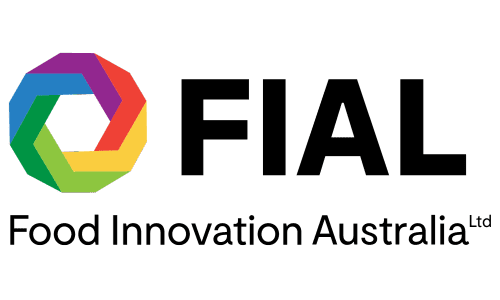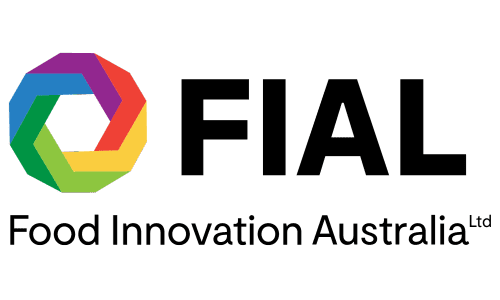Capturing the Prize: the A$200 billion opportunity for Australia's food and agribusiness sector/ Enhanced Production and Value Addition / Energy smart food
Improving energy productivity throughout the value chain by positioning businesses to understand and adopt innovations that reduce energy intensity, improve reliability of supply, apply more sustainable energy options and manage energy demand.
Gaia EnviroTech, the bioenergy and waste management division of Gekko Systems, has taken waste-to-energy innovation to the next level. An Australian first, its custom-engineered shipping container converts bio-waste into gas-free, electricity-free, and odour-free fertiliser. The Gaia Biodigester is modular, scalable, and designed for the local context.
This anaerobic digester solves two critical challenges that many industries face: the ever-increasing cost of managing high volumes of organic waste, and the ability to source on-demand, renewable energy solutions to run business operations and reduce carbon footprint. With applications in industries from food manufacturing to agriculture, hospitality and retail, to domestic food and garden organics, its potential is limitless.
Its biodigesters can be found across regional Victoria and Tasmania. Funding released by Victoria State Government will encourage take-up, and boost its ability to become more commercially viable in Australia.
Bioenergy is known to present a significant opportunity to Australia. It will reduce Australia’s emissions, divert waste from landfill, enhance fuel security, create local jobs, and is expected to contribute $10 billion per annum in extra GDP over the next decade.
Originally the result of a collaboration between Gekko Systems and a piggery in Ballarat that operated a biodigester for several years, its growth is also a story of collaboration. FIAL brokered connections with members of the food and agriculture sector, and provided business advice and funding to help identify a clear pathway for adoption. A consortium was formed, with FIAL funding enabling them to expand from transforming livestock waste into renewable energy (in the form of electricity and heat) to handling all organic wastes. A laboratory and prototype relocatable plant system was designed and built. This helped predict the performance of a full-scale, multistage facility, and demonstrate the benefits more tangibly to industry. This successful prototype led to further funding, from Sustainability Victoria, under the Victorian Government’s circular economy plan, which has brought the expert research capabilities of RMIT and Federation University to this game-changing technology. Together, they are looking at how best to monetise digestate, and optimise the value of the renewable energy generated to boost widescale adoption.
This case study is from FIAL's 2022 edition of Celebrating Australian Food and Agribusiness Innovations 2022



